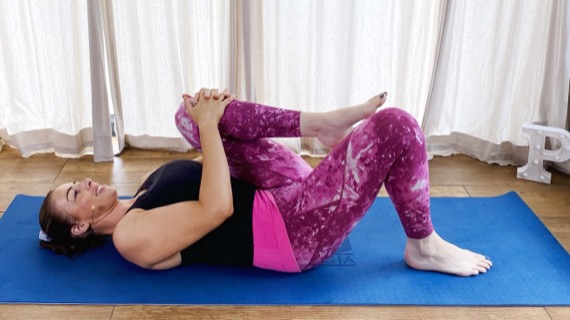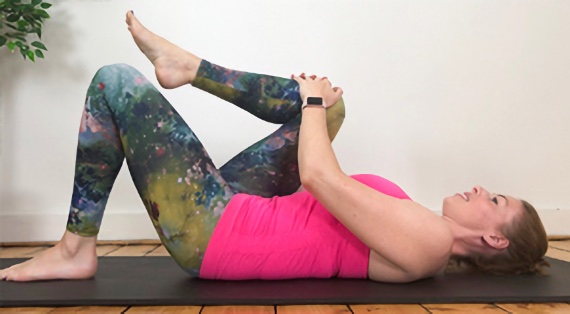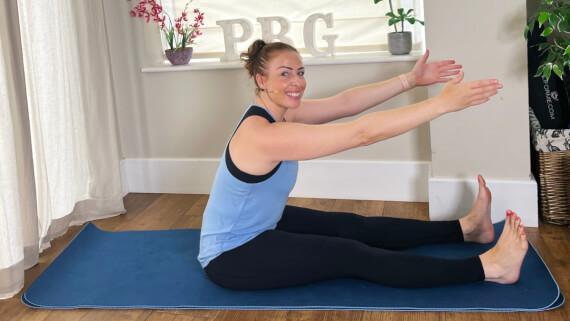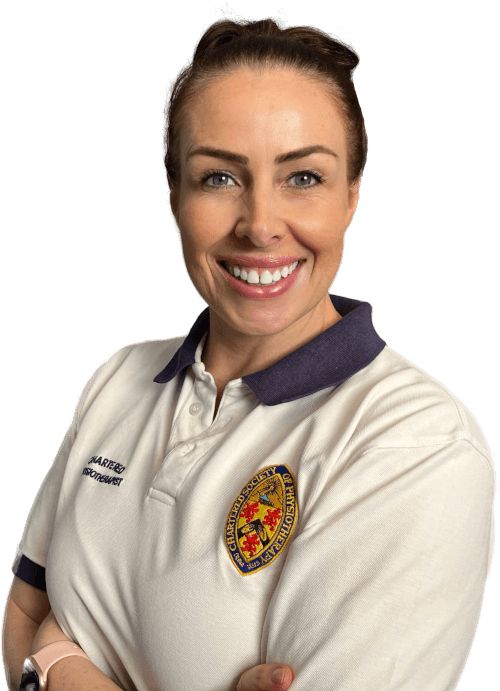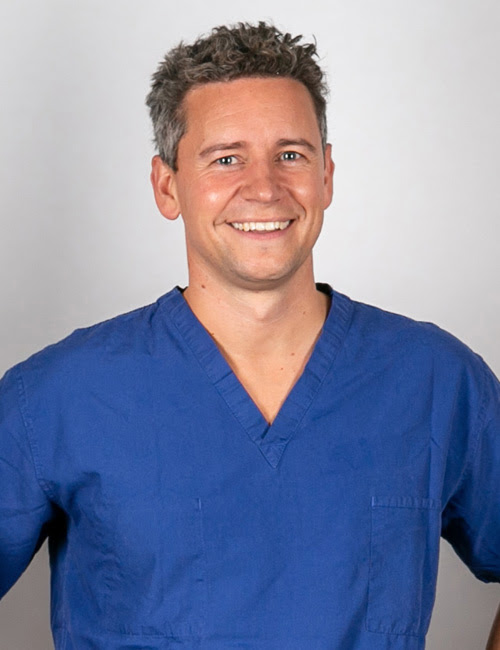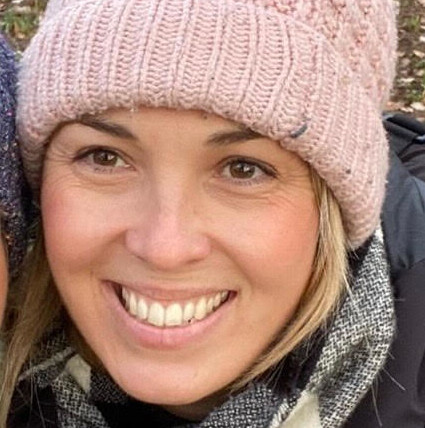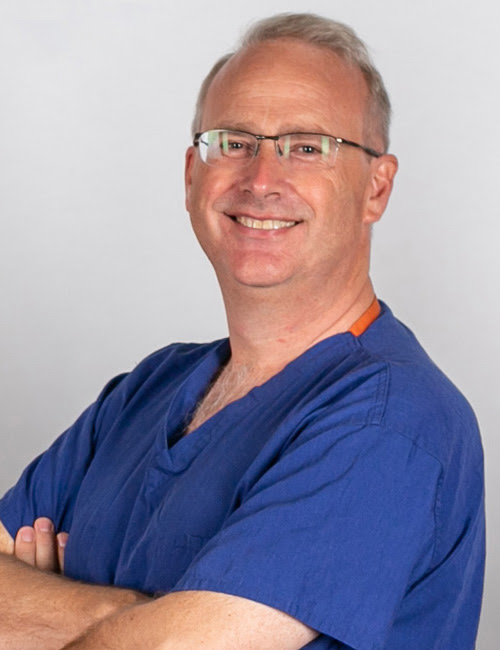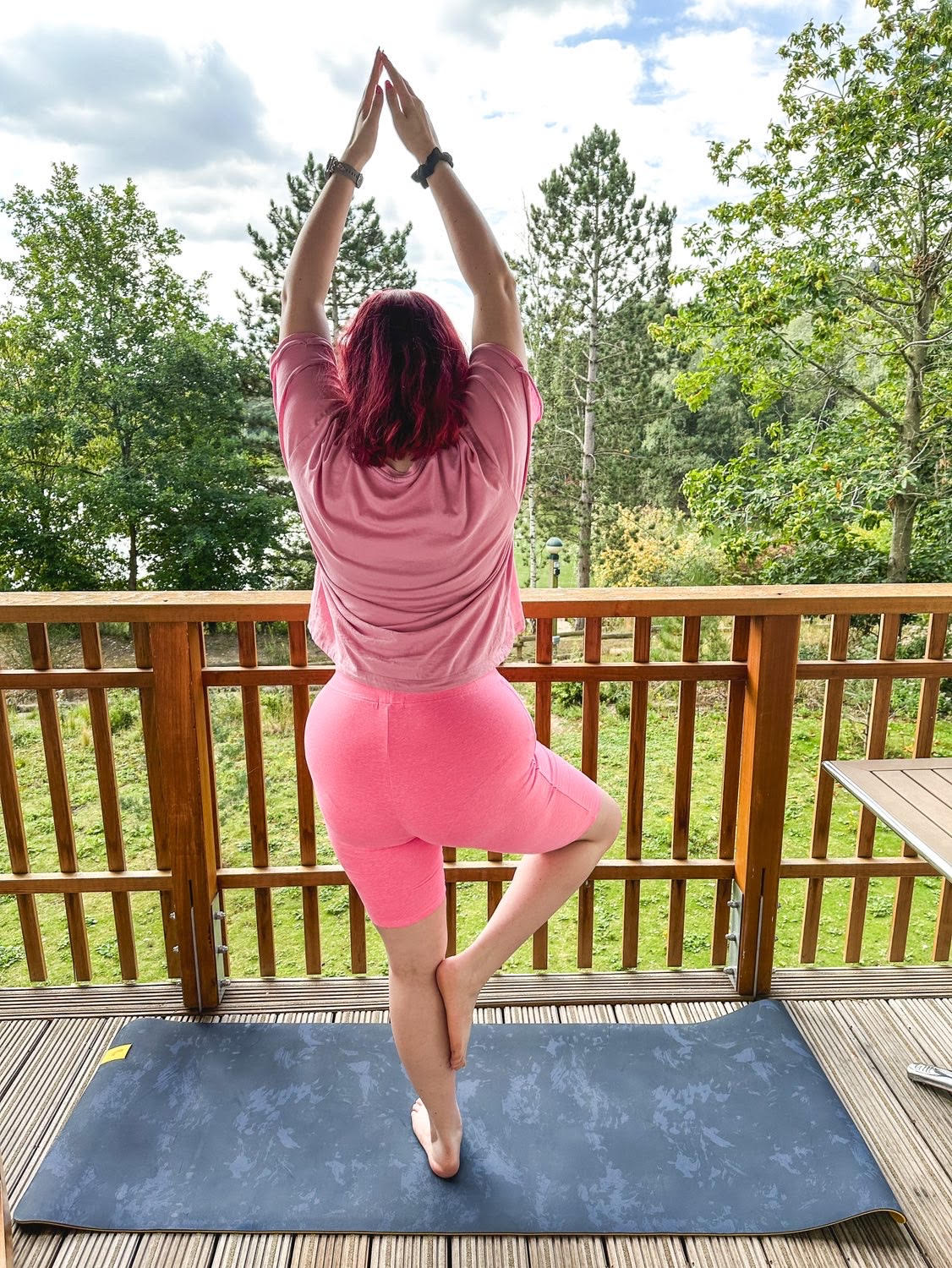Lower back pain
What is Lower Back Pain?
Lower back pain is pain in the area of your back from the bottom of your ribs to the top of your legs. It can come from any of the many structures that make up your back. These include bones, joints, muscles, ligaments, nerves and tendons.
Discs of cartilage sit between each vertebra, acting as shock absorbers and allowing your spine to bend. Some lower back pain originates from these discs. Your spinal cord threads through the vertebrae, carrying nerve signals between your brain and the rest of your body.
Sciatica
If nerves at the base of your spine become compressed or inflamed, it can cause sciatica. Sciatica is a type of pain that starts in your back or buttocks and spreads down your leg.All about Lower back pain
Causes of Lower Back Pain
The most common causes of lower back pain are strains and sprains: you can injure muscles, tendons or ligaments by lifting something too heavy or not lifting safely. Some people strain their back by sneezing, coughing, twisting or bending over.
Sometimes certain spine conditions can cause lower back pain such as osteoporosis, scoliosis, arthritis and stenosis.
Symptoms of Lower Back Pain
The symptoms of lower back pain can vary from person to person and the pain can range from mild to severe. It can be sudden and traumatic; perhaps you have lifted a heavy object or moved in a way that hurt your back. Or it may come on gradually overtime for no clear reason.
Stiffness, reduced range of movement and pain are common symptoms. Compression or disruption of the spinal cord or nerves can lead to tingling, numbness or weakness into the buttocks and legs.
Lower Back Pain Treatment
Medication: seek appropriate pain relief to reduce discomfort and allow for more mobility exercises.
HEAT or ICE placed over the lower back pain region for twenty minutes a few times a day can ease stiffness, tension and soreness and help to relax the muscles increasing ability to stretch and mobilise the spine.
Increase activity levels even if you have to modify what you have to do. Keeping as strong and flexible as you can will help.
Plus, do aim for a healthy body weight.
Lower Back Pain Stretches
Do watch the PBG information class on lower back pain then try the QuickFix exercise class to learn how to safely mobilise, stretch and stabilise your lower back.
Free Class: Quick Fix for Lower back pain
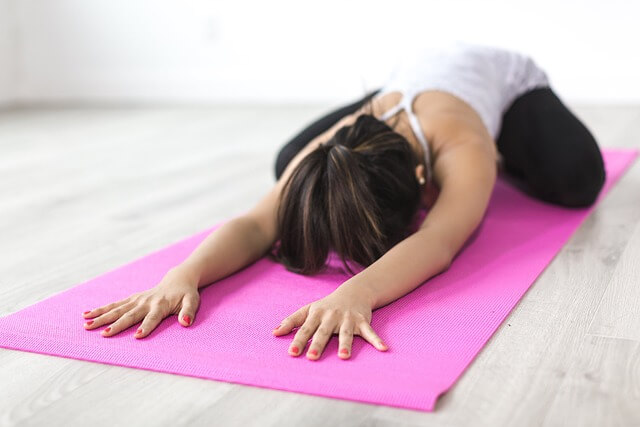
 Physio Tip!
Physio Tip!
Recovery from low back pain is strongly linked to how you feel emotionally, and how you cope with the pain. It can be frustrating, but trying to stay positive in how you manage it can help you to recover faster. Try to keep up with your normal routines and social activities as much as possible.
Getting out and spending time with friends or doing an activity can really help!
Alert!
Contact your healthcare provider immediately if:
- You have a sudden change in bladder and bowel control
- You feel loss of sensation in the saddle region
- You experience pain, tingling, weakness or numbness in both legs
- You experience constant, severe and progressive pain that is not responding to treatment
- You've lost weight without trying to.
